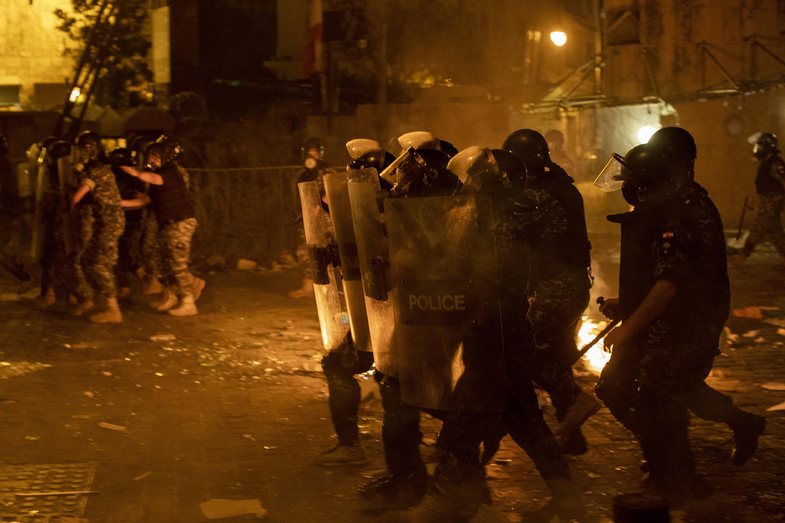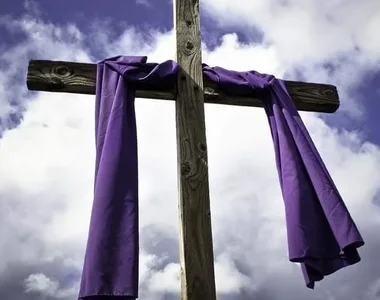
On Thursday (August 6, 2020) anti-government protests erupted near the Beirut parliament in the evening. Dozens of people lit fires and threw stones after devastating port explosions on Tuesday flattened much of the city. Police in riot gear stormed a rally on Friday, removing hundreds of protesters by truck.
As investigators focus on port officials, many Lebanese blame the government for bombings that killed at least 150 people and injured thousands more. They blame corruption and mismanagement that, even before the catastrophe, had pushed Lebanon to the brink of economic collapse.
Earlier on Thursday, French President Emmanuel Macron visited the city, promising help but warning that he would not give it "before a system that no longer has the trust of its people". In a startling scene, Macron, whose country was once Lebanon's colonial ruler, called on citizens to create a "new political order."
As Macron marched through one of the worst-hit neighborhoods, Gemmayzeh, a crowd gathered around him, shouting angrily, "Revolution!" and "People want to overthrow the regime!", which were used as slogans in last year's mass protests.
The French leader told them he would propose a "new political pact" when he meets with the Lebanese government, adding: "I will be back in early September and if they can not do that, I will keep my responsibility to you. " He also promised that French aid would be provided with transparency and "would not fall into the hands of corruption".
None of Lebanon's top politicians visited the residential areas damaged by the blast, while President Michel Aoun and others did not visit the port either. Hours after Macron's visit, Justice Minister Marie-Claude Najm tried to visit the area but was ousted by protesters.
"Resign, criminals! "What would you do if your sister were among those killed?" A protester shouted.
Someone else sprayed it with water. She left as protesters chanted "Revolution!" and "Resign!".
In most cases the same figures have ruled Lebanon since the 1975-1990 civil war. Almost all public institutions are divided between politicians and are used as patronage generators for themselves and their supporters. This means that they tend to turn a blind eye to corruption, small or large. Basic services such as electricity and garbage collection are also mentioned as part of corruption.
For more than a decade, Lebanese officials, security groups and the media have reported widespread corruption in the Port of Beirut, including bribery and concealment of goods through customs duties or taxes.
Source: CBS News





